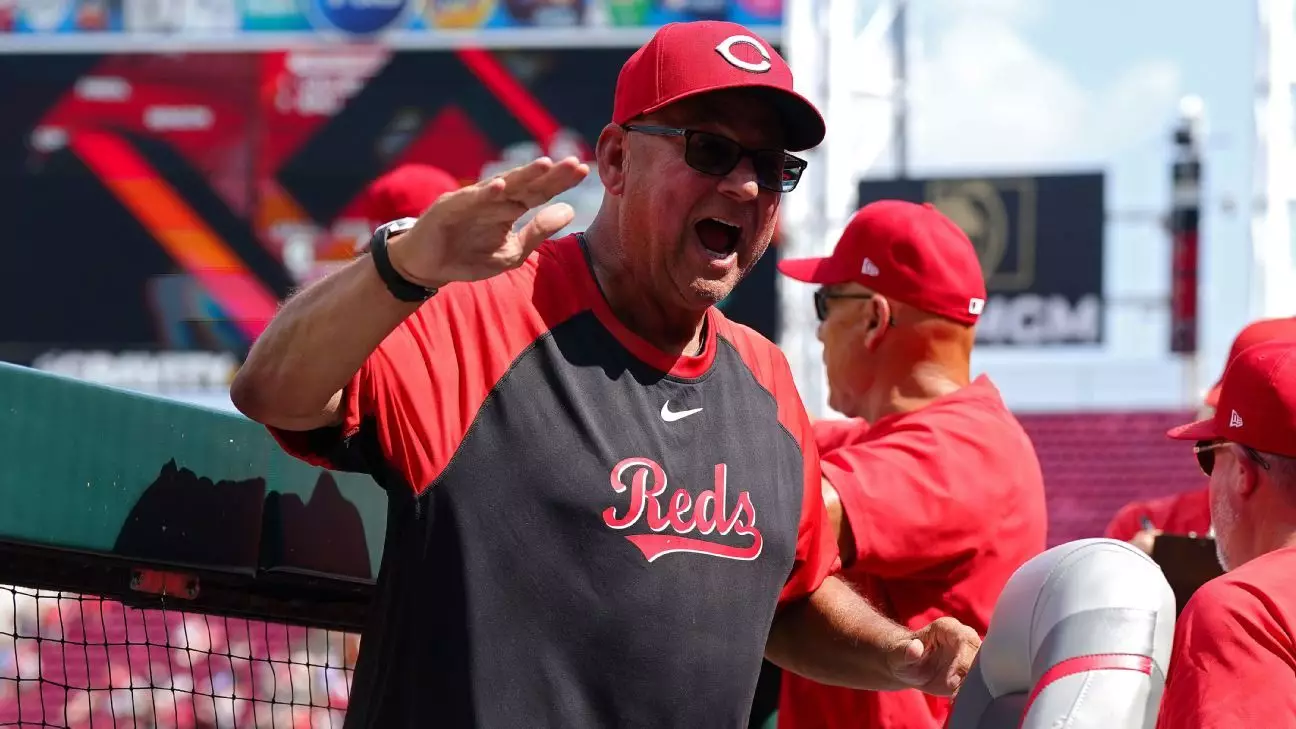Terry Francona’s recent milestone of achieving 2,000 wins cements his status as one of the most influential managers in Major League Baseball history. Unlike many who chase numbers, Francona’s journey reflects a deep commitment to the game and his teams. The significance of this achievement extends beyond mere statistics; it symbolizes resilience, strategic brilliance, and an innate ability to inspire players over decades of intense competition. His leadership style emphasizes compassion and adaptability, transforming locker rooms into cohesive units that perform under pressure. His career demonstrates that sustained excellence in baseball is rooted in more than tactical decisions; it’s about connecting with players on a human level.
Unraveling the Unique Path to a Historic Milestone
What makes Francona’s accomplishment particularly compelling is his unique statistical footprint. He is only the fourth manager to earn his 2,000th win with a team he once played for—a testament to his deep-rooted connection to Cincinnati, the city where it all began. His playing career, though modest in statistical output, connected him intimately with the sport’s nuances, shaping his managerial philosophy. While many may view wins as a testament to tactical mastery alone, Francona’s career exemplifies how experience, patience, and genuine care can translate into sustained success. His 24 seasons of managing highlight a career marked by perseverance, evolving strategies, and a sincere understanding of the human aspect of baseball.
The Power of Legacy, Longevity, and Personal Balance
Francona’s journey is a masterclass in maintaining longevity amid the relentless grind of professional sports. His ability to navigate high-pressure situations—leading Boston to two World Series titles and guiding Cleveland to a memorable 2016 World Series appearance—proves that strategic acumen paired with emotional intelligence can elevate a team’s performance. His recent stint with Cincinnati, though still early in the season, reflects a renewed passion and physical readiness, underscoring that leadership also depends on self-awareness and resilience. Francona’s candidness about the toll of the grind reveals a rare humility; it’s a reminder that even the most successful managers are vulnerable to burnout. His decision to step back and prioritize well-being ultimately fuels his capacity to lead with freshness and vitality.
In essence, Terry Francona exemplifies a leadership model rooted in perseverance, compassion, and strategic adaptability. His career underscores the idea that true greatness in sports emerges not just from accumulating wins but from inspiring others to push beyond their limits while maintaining personal integrity.


Leave a Reply